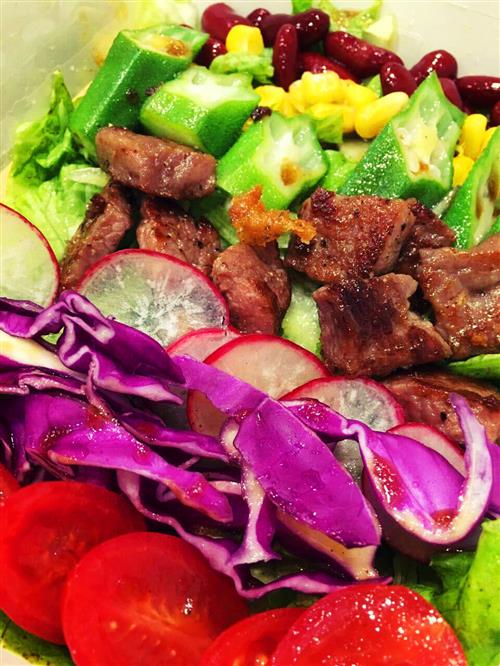In addition to urging the baby to pay attention, parents should give the baby more food for the eyes. So what kind of food for your baby is good for your eyes? Statement: Pictures from the network, if you have infringement, please inform Calcium-rich food When calcium is insufficient, the elasticity of the eyeball wall is reduced, and the normal intraocular pressure cannot be maintained, and the axial axis can be elongated after a long period of time, which becomes a hidden trouble for myopia. Foods rich in calcium: milk, egg yolk, cheese, beans, dried small shrimps, nuts, leeks, snow red and so on. 2. Chromium-rich foods A serious lack of chromium, will lead to a series of metabolic disorders, so that blood sugar osmotic pressure, resulting in the osmotic pressure of the lens and aqueous humor can not maintain normal state, thereby increasing the convexity of the lens and refractive myopia. Chrome-rich foods: seafood, cereals, dairy products, nuts. 3. Foods rich in vitamin A In the absence of vitamin A, the eyes are prone to dryness, fatigue, and congestion. At the same time, the ability of the eyes to adapt to the dark environment will diminish. In severe cases, they will suffer from night blindness. Foods rich in vitamin A: animal liver, carrots, mangoes, broccoli. 4. Foods rich in vitamin B1 Vitamin B1, also known as "antineuritis," is related to the function of the nervous system, which is part of the nervous system. Foods rich in vitamin B1: grains, nuts, fresh beans, lean pork, animal organs. 5. Foods rich in vitamin B2 Vitamin B2 is involved in the body's antioxidant defense system. If it is lacking, it may cause photophobia, tearing, blurred vision, and even corneal vascular hyperplasia. Foods rich in vitamin B2: dairy products, meat, entrails, eggs. 6. Foods rich in vitamin C One of the typical functions of vitamin C is antioxidant, lack of vitamin C, and symptoms such as conjunctival hemorrhage. Foods rich in vitamin C: kiwi, red dates, green peppers, strawberries, grapefruit, citrus, watermelon, green leafy vegetables. 7. Foods rich in vitamin D Vitamin D promotes calcium absorption, and calcium is important for maintaining normal intraocular pressure and the flexibility of the eyeball wall. Foods rich in vitamin D: marine fish, caviar, animal liver, egg yolk, cheese. 8. Foods rich in vitamin E Vitamin E is also an antioxidant, and the lack of vitamin E can cause nervous system dysfunction. Foods rich in vitamin E: beans, eggs, aquatic products, edible oils and fats. 9. Protein-rich foods Proteins are the main components of the cells, and tissue repairs require constant protein supplementation. Eating more protein will make your baby's eyes brighter. Protein-rich foods: lean meat, poultry meat, animal organs, fish, shrimp, milk, eggs and so on. 10. Selenium-rich foods Selenium is extremely important for the function of the visual organs. Muscle contractions that govern the eye movements, the expansion and contraction of the pupils, and the normal color recognition of the eyes all require the participation of selenium. Selenium is also an important component of the body's non-specific antioxidant, glutathione peroxidase, which removes peroxides and free radicals in the body, including the eyes, and protects the eyes from damage. If the human eye has long been deficient in selenium intake, vision loss and many eye diseases such as cataracts, retinopathy, and night blindness will occur. Selenium-rich foods: animal liver, lean meat, corn onions, garlic, oysters, fish, mussels and so on. Chewable Tablets,Vitamin C Chewable Tablets,Chewable Vitamin C,Chewable Calcium Guangzhou Etechange Biological Engineering Co.,Ltd. , https://www.etechange.com